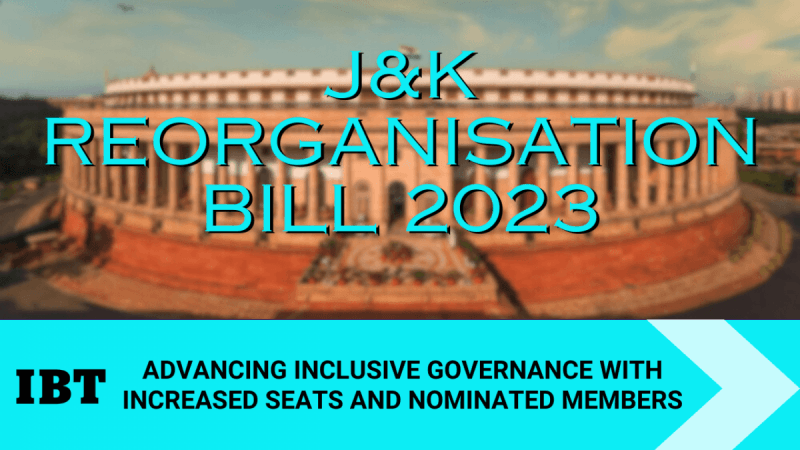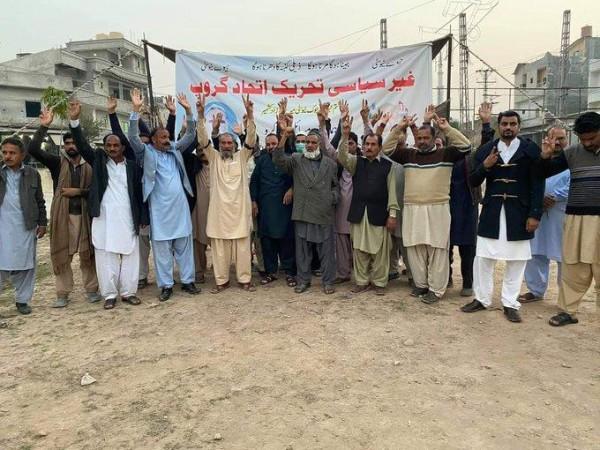
The Jammu and Kashmir Reorganisation (Amendment) Bill, 2023, marks a significant step in India's parliamentary history. It proposes amendments to the Jammu and Kashmir Reorganisation Act, 2019, focusing on enhancing representation for specific communities in the Jammu and Kashmir Legislative Assembly. This article provides an in-depth look at what this bill entails and its implications for the Union Territory of Jammu and Kashmir.
Key Features of the Amendment
1. Increased Assembly Seats: The amendment proposes to increase the total number of seats in the Jammu and Kashmir Legislative Assembly from 107 to 114. This change reflects the evolving demographics and the need for wider representation in the region.
2. Nomination of Special Members:
Kashmiri Migrants: The Lieutenant Governor may nominate up to two members from the Kashmiri Migrant community, ensuring at least one woman representative.
Displaced Persons from Pakistan Occupied Jammu and Kashmir (POJ&K): One member from the displaced persons of POJ&K can also be nominated.
Background and Context
Historical Displacement: The bill addresses the aftermath of the militancy in the late 1980s in Kashmir, which led to significant migration and displacement of various communities, including Kashmiri Hindus, Sikhs, and Muslims.
1947 and Indo-Pak Wars: The displacement also includes families affected by the 1947 partition and subsequent Indo-Pak wars of 1965 and 1971, resulting in a large number of displaced persons from POJ&K.
Delimitation Commission's Role
The Delimitation Commission recommended representation for "Kashmiri Migrants" and "Displaced Persons from POJ&K" in the Legislative Assembly. This recommendation came after extensive consultations and considerations of the unique political and social challenges these communities face.

Implications of the Amendment
Empowering Marginalized Communities: The bill aims to provide political representation to communities that have historically been marginalized or displaced, thus ensuring their voices and concerns are represented in the legislative process.
Aligning with Delimitation Outcomes: The increase in assembly seats and the nomination of special members align with the delimitation process's outcomes, ensuring a more inclusive and representative legislative body.
Financial Aspects
The enactment of this bill will not incur any additional financial expenditure from the Consolidated Fund of India, making it a cost-effective approach to enhancing legislative representation.
Conclusion
The Jammu and Kashmir Reorganisation (Amendment) Bill, 2023, signifies a pivotal move towards inclusive governance in the Union Territory. By recognizing the political rights and identities of Kashmiri Migrants and displaced persons from POJ&K, the bill sets a precedent for addressing historical injustices and empowering underrepresented communities within the democratic framework. The amendment is a step forward in India's commitment to a more inclusive and representative governance model in Jammu and Kashmir.








